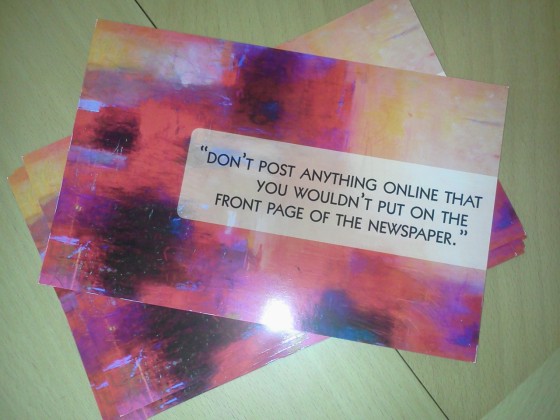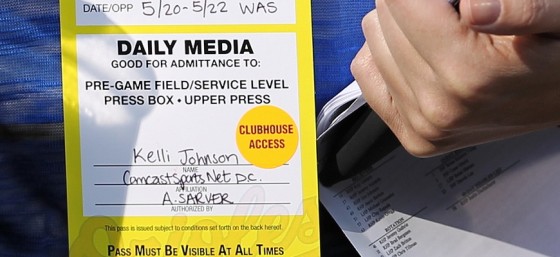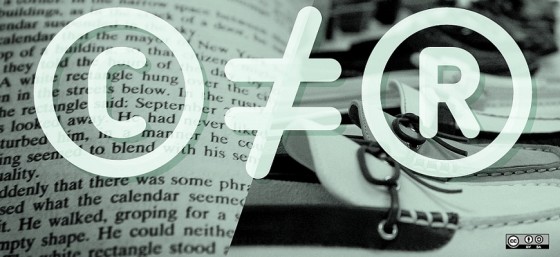
A friend recently directed me to a post on Facebook that included a question about the following:
I have a friend who is having some legal problems that started from a facebook post called “harrassment by communication” for something that was written on their own PERSONAL facebook page.
This is my interpretation of this statement: This person’s friend is being a accused of wrongdoing because of a post Friend made on Friend’s personal Facebook page.
That can absolutely happen. If you talk about another person on your social media profile, the fact that it was made on your page and not the target’s does not shield you from the repercussions. It would be similar if you were yelling about a person while standing on your own front law vs a street corner. You’re still making a statement about a person. The fact that you have more control over your lawn than a public street corner doesn’t change whether the content of your statement is illegal.
It would a different situation if we were talking about a statement Friend made in Friend’s private diary they keep in their bedside table. In that situation, I wouldn’t expect anyone to find out what Friend wrote as long as he/she kept it private. There is no expectation of privacy in anything anyone posts on social media, regardless of your privacy settings. This is why I tell everyone to treat every post on social media as if it’s going to end up on a billboard or the front page of the newspaper.
Arizona has criminal laws against cyberharassment and harassment. They both involve communicating with a person with the intent to harass them or with the knowledge that the person was being harassed. The laws do not put limits on from where that harassment can occur. Both crimes are Class 1 misdemeanors, punishable by up to 6 months in jail and up to a $2,500 fine.
Additionally, I would expect the terms of service for every social media platform to include a provision that forbids users to the site to harass other users and doing so could result in the suspension or termination of the offender’s account.

I have no idea if Friend referenced above did anything wrong or if he/she is merely being accused of doing something wrong. I can only say that Friend may have committed some type of harassment depending on the facts of the situation. The fact that they made the post in question from their personal page does nothing to protect them from the legal implications of their statements. The First Amendment does not shield you from the criminal consequences of your actions and there is no expectation of privacy on any social media platform.
Think before you post – because the consequences of your speech can be severe.
On the flip side, I tell people if they are being harassed online to document all the instances and take screenshots of all the offending posts – particularly in situations where the person who is making the statements are doing so from their own profile because you never know if/when they might re-think their actions and delete them.
If you need a resource that explains the legal dos and don’ts of social media in plain English, I recommend my book, The Legal Side of Blogging: How Not to get Sued, Fired, Arrested, or Killed. If you need a resource to help protect yourself against harassment and cyberharassment, I recommend The Gift of Fear by Gavin de Becker.
If you want to chat more about freedom of speech and cyberharassment, feel free to connect with me on Twitter, Facebook, YouTube, LinkedIn, or you can email me. You can also subscribe to the Carter Law Firm newsletter.
Please visit my homepage for more information about Carter Law Firm.











